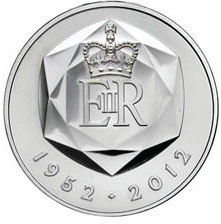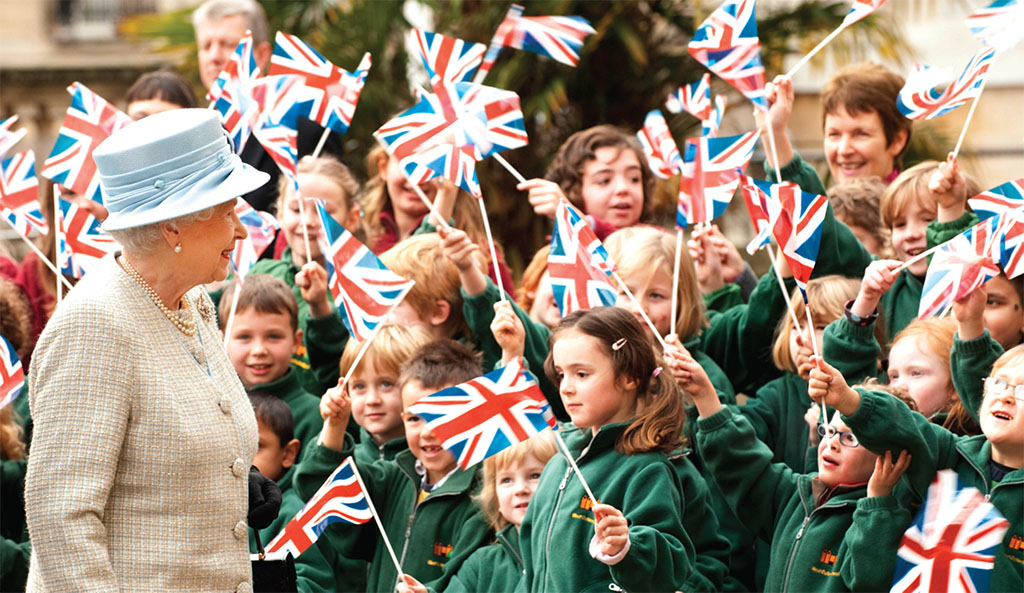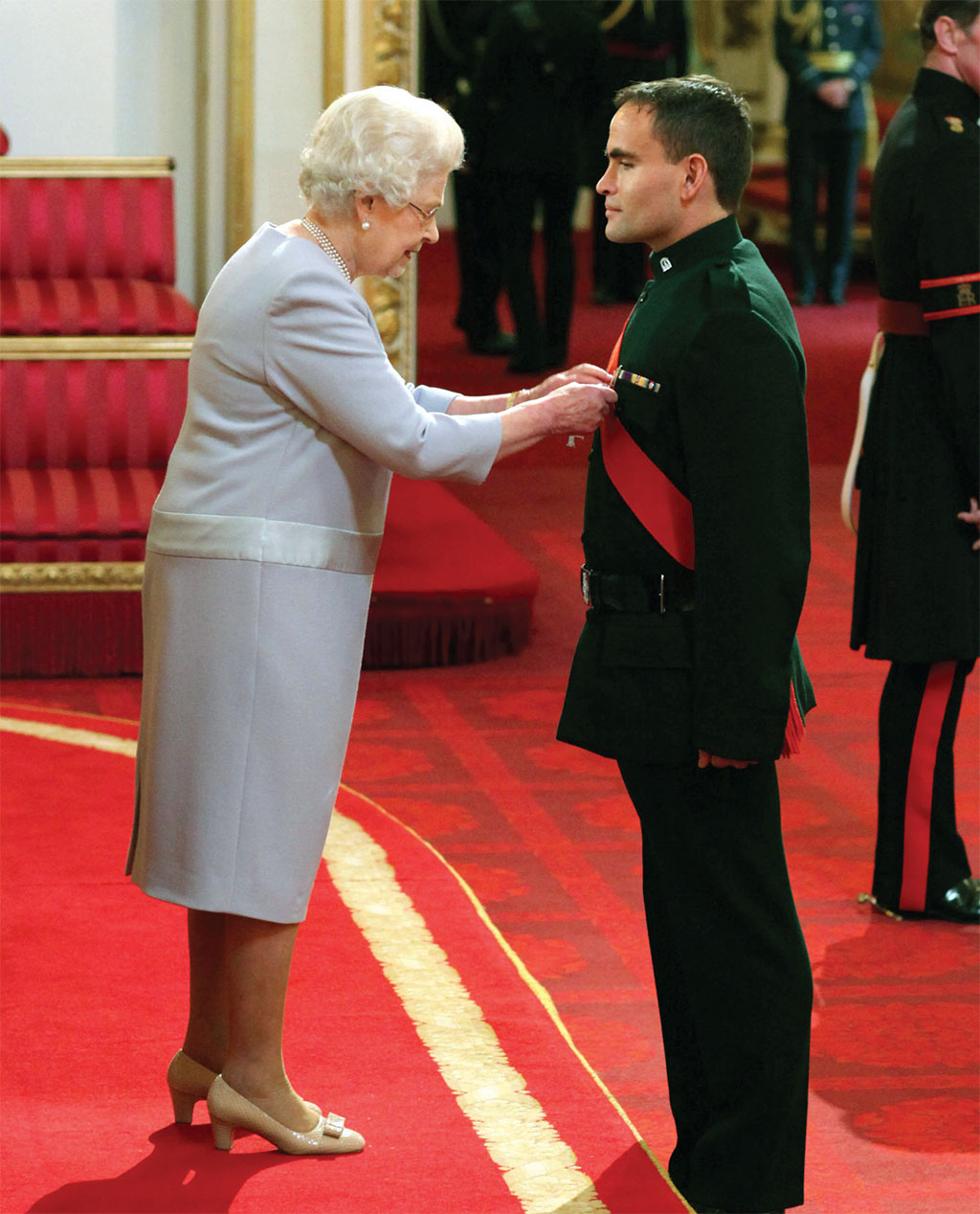
Buckingham Palace
[caption id="TheCeremonialYearBegins_img1" align="aligncenter" width="221"]

Throughout 2012, the United Kingdom and the Commonwealth are celebrating the Diamond Jubilee of Her Majesty Queen Elizabeth II. We are celebrating, as well, by following Her Majesty through the rhythms of the Royal Year.
[caption id="TheCeremonialYearBegins_img2" align="aligncenter" width="1024"]

ARROW PRESS/EMPICS ENTERTAINMENT
WITH THE QUEEN’S MIDWINTER stay at Sandringham behind, Her Majesty returns to London to begin a scheduled round of late winter and early spring audiences, investitures and sundry engagements in the capital and throughout the country. Her royal standard flies over Buckingham Palace when she is at her London residence.
The first major event of the year is Commonwealth Day, the second Monday in March. The official Observance for Commonwealth Day is a colorful interfaith service at Westminster Abbey. Her Majesty joins dignitaries and religious leaders from each of the Commonwealth’s 54 countries in a ceremony that begins with a parade of flags from the member nations. Following the service, a reception is given by the Commonwealth Secretary-General at Marlborough House, and the Queen sends a goodwill message to the people of the Commonwealth, much like her Christmas broadcast.
Twice a year, the Queen announces an official honors list, on New Year’s Day and on her official birthday in June. These are people from all walks of life that have been vetted to receive one or another of Britain’s military and civilian awards, from the most common Order of the British Empire to the elite Order of the Garter and the Victoria Cross—Britain’s highest military decoration. Presentation of these honors takes place at investitures, held 25 times throughout the year—most often, but not necessarily, at Buckingham Palace. Nowadays, the Queen herself makes the presentations at about half of these formal ceremonies; at other investitures either the Prince of Wales or the Princess Royal represents her.
During Easter week, the Queen moves 20 miles upriver to Windsor Castle, her customary weekend home when she is in London residence. During what is known as the Easter Court, Her Majesty entertains heads of state and government from around the world to dinner in the State Dining Room and sometimes overnight. On Maunday Thursday, Her Majesty attends the Royal Maunday Service held at varying cathedrals around the country, where she distributes Maunday coins in red and white purses. Easter Sunday, however, the Royal Family attends service at St. George’s Chapel there in Windsor Castle.
[caption id="TheCeremonialYearBegins_img3" align="aligncenter" width="1024"]

©RUDY SULGAN/CORBIS
The weeks after Easter, with lengthening days and the promise of brighter weather, are prime time for the Queen’s regular “walkabouts.” She receives thousands of invitations each year to local events large and small. Her staff arranges highly coordinated regional visits throughout the UK to enable Her Majesty to see and be seen across her realm. Visits to factories, fetes and historical commemorations are punctuated by planned “walkabouts” through the crowds that gather around the Queen wherever she travels.
In August and September, when the Queen is at Balmoral, Buckingham Palace throws open its regal doors to visitors. It wasn’t built as a royal palace, of course. Buckingham House was built by the elegant Duke of Buckingham back in 1710. George III acquired it in 1761 as a private residence for Queen Charlotte. The early decades of the 19th-century saw a wave of reconstruction, and the young Queen Victoria moved into the palace on her ascension in 1837. It has been the monarch’s official London residence ever since. Of the palace’s 755 rooms, the 19 State Rooms and gardens are open to tour.
In the meantime, Queen Elizabeth II is already looking forward to returning to Windsor in late May for the Royal Windsor Horse Show.
[caption id="TheCeremonialYearBegins_img4" align="aligncenter" width="1024"]

ANTHONY DEVLIN/PA WIRE





Comments